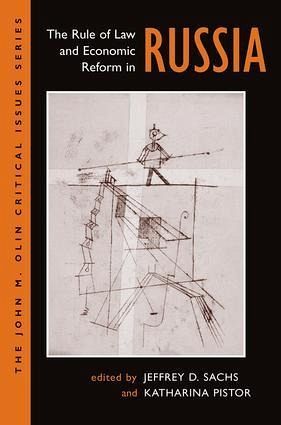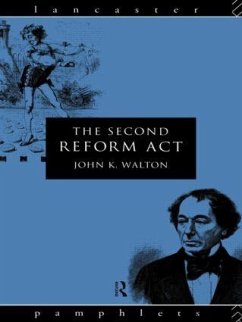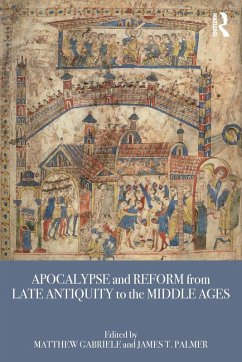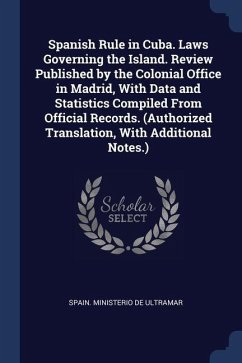
The Rule Of Law And Economic Reform In Russia
Versandkostenfrei!
Versandfertig in 1-2 Wochen
59,99 €
inkl. MwSt.
Weitere Ausgaben:

PAYBACK Punkte
30 °P sammeln!
What impact has Russia's chosen path of reform had on the development of law after the collapse of the communist regime? This collection of essays examines how Russia's distinctive traditions of law?and lawlessness?are shaping the current struggle for economic reform in the country. Nine renowned scholars, chosen from specialties in history, political science, law, and economics, expertly address the question.By drawing on the experiences of other transition countries and of developed market economies within the context of Russian history, these essays put Russia's transition since 1991 into c...
What impact has Russia's chosen path of reform had on the development of law after the collapse of the communist regime? This collection of essays examines how Russia's distinctive traditions of law?and lawlessness?are shaping the current struggle for economic reform in the country. Nine renowned scholars, chosen from specialties in history, political science, law, and economics, expertly address the question.By drawing on the experiences of other transition countries and of developed market economies within the context of Russian history, these essays put Russia's transition since 1991 into clearer perspective. This book compares Russia's legal tradition with the Western legal tradition; distinguishes Russia's progress in commercial law reform from that of other transition countries; and explores the politics of government as well as inside enterprises surrounding corporate law reform in prerevolutionary Russia, during perestroika, and during Russia's ambitious mass privatization program.Using comparative data, the authors assess the impact on economic reform programs of highly centralized presidential constitutions versus parliamentary constitutions. The enormous challenge posed by mounting crime and corruption is analyzed, and the economic causes and possible remedies are discussed. As statutory law reform is only one element in legal reform, the book also explores the functioning of legal institutions, including the police, other public security forces, and private dispute settlement institutions.Jeffrey Sachs and Katharina Pistor provide a wide range of factual evidence and interpretations, which will greatly enhance the debate about Russia's path toward economic and legal reform.














